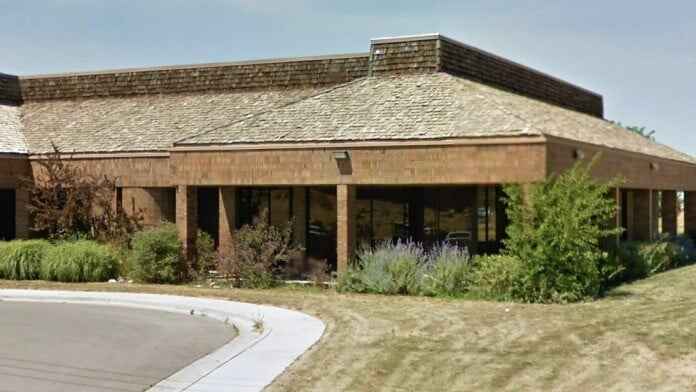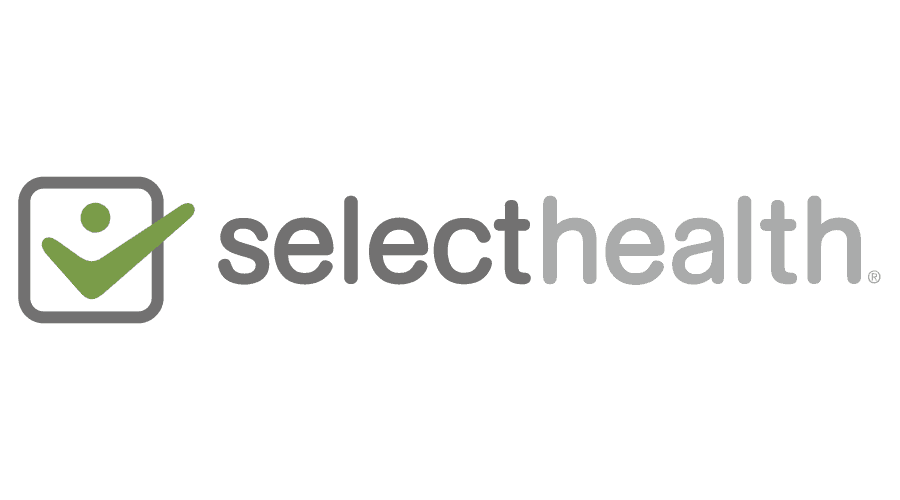About LifeLine for Youth – Salt Lake City
LifeLine for Youth offered a thorough drug abuse treatment tailored to the needs of teenagers in North Salt Lake, Utah. They’re permanently closed now, but their committed team and knowledgeable employees addressed the particular difficulties faced by adolescents who were dealing with substance abuse. They gave young people and their families the tools they needed to fight addiction and encouraged constructive change through an inventive educational strategy. They offered residential, day and intensive outpatient treatment.
Each student was evaluated thoroughly upon admission including a full lab workup, psychosocial history, and psychiatric evaluation. The facility discussed the need for additional treatment after the assessment period with any outside case managers or educational consultants. Following that, the student and their parents had a private meeting with the primary therapist to go over the results and receive customized treatment recommendations.
Mentors, staff, and therapists provided students with round the clock supervision throughout the Discovery Stage. The main goal was to establish trust via accountability, honesty, and safety. To find the barriers standing in their way of success and happiness they participated in family, group, and individual therapy.
Students started reintegrating into their family systems as they advanced into the Recovery Stage. They regained the trust of their families by exhibiting a dedication to safety and respect for one another. Through opportunities for family time and continued therapy, the treatment placed a strong emphasis on the value of recovery within the framework of family support.
During the Integration Stage, students reintegrate into real-world scenarios to test their newly acquired skills. They successfully made the switch back to public school and embraced constructive hobbies and healthy pursuits. This phase concentrated on adopting new lifestyle habits in place of harmful ones from the past.
A fully accredited educational program was also offered ensuring that students finished their assignments and earned the credits needed for a seamless return to school and home. Their all-inclusive leisure program included daily exercises and sports as well as adventure sports like hiking, river rafting and rock climbing. These exercises not only supported treatment but also inspired students to lead healthier lives in the future.








